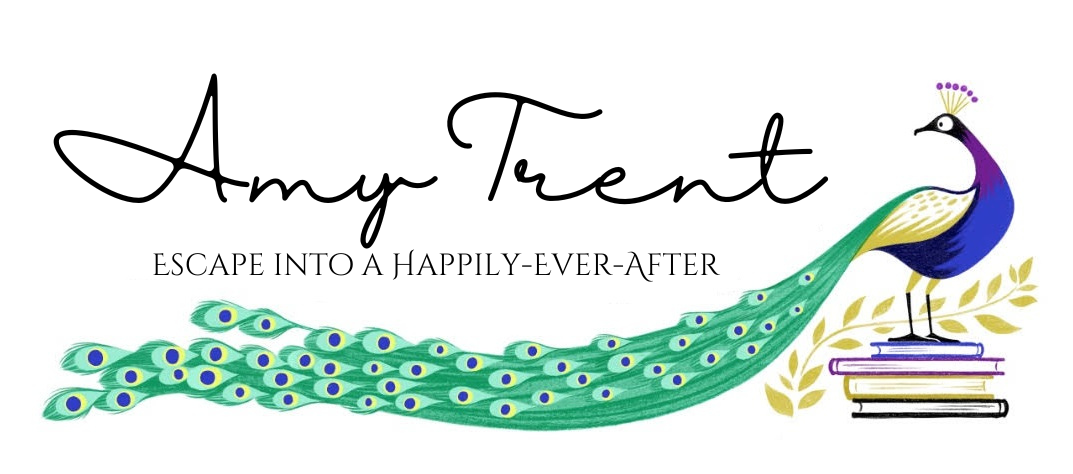Once upon a time, Mr. Trent was in the hospital recovering from an auto accident. Poor guy was hit by not one, but two trucks on my 34th birthday. He had a couple of surgeries and spent two weeks in the hospital. He’s made as near a full recovery as anyone can when they’ve been rear-ended into an oncoming semi, and every day I am grateful for the HEA to this story. But oh wow, I am glad those days are behind us. Sometime during Mr. Trent’s hospital stay another medication was prescribed, and Mr. Trent had to be hooked up to yet another IV. This was a challenge as Mr. Trent was fairly dehydrated at this point and on an NG tube because of all the trauma. Many of the brilliant, compassionate nurses (who are all freaking heroes) working our floor that night attempted to find a vein, and get Mr. Trent connected to this new IV, without success. They used all the tricks they knew, including techie gadgets that I didn’t know existed.
“I can’t find it,” the last nurse who tried without success said, an edge of exasperation in her voice.
“So now what?” I asked, feeling all the things I typically feel when unexpected problems present themselves: anxiety, exhaustion, panic, fear, dread. I’d been feeling that milieu of emotions frequently since the accident.
“I’ll call Nora,” our night nurse said.
A few minutes later, another nurse came in. Our night nurse quickly explained the situation as Nora came over and felt the crook of Mr. Trent’s elbow. Nora then said in what sounded like an Eastern European accent, “Oh yes. Very difficult.” She proceeded to press and feel for Mr. Trent’s veins in our quiet room. And in those few moments of quiet, my brain had a chance to process something. Nora’s words were not spoken with any accompanying exasperation or dread. They were spoken the way I’d always imagined Sherlock Holms would say, “I presume nothing.” With interest and quiet relish.
“There,” Nora said after she placed the needle into Mr. Trent’s arm. And that was that. Nora left before I could even stammer out a thank you. She accomplished in moments a challenge that had previously been impossible.
“She did it,” I said to our night nurse as she checked the valves on all the IV tubes.
“Of course she did. She’s the best.”
“How?” I didn’t see any black lights or any of the other tech the other nurses had relied on.
“Nora does it all by feel. But between you and me, she works miracles.” As do all the healthcare professionals who work so hard and make so many sacrifices to heal us.
This last week I was asked to consider challenges as a value. Do I value challenges the same way I might value compassion or perseverance? No, I don’t. No. While I can appreciate that my fifth grader is struggling to understand how to participate in social groups when he cannot assume the role of facilitator… is… a challenge, I do not value this challenge or have any positive feelings about the accompanying work this challenge will require. I wish this challenge would solve itself and go away. Lots of kids know how to participate when they are not the one in charge or in control. Why can’t that be us?
Challenges trip my fight/flight/freeze responses, and my gut response is flight. “There are challenges on the road ahead…” Oh really? Time to turn around and get the heck out. I’ll run fast and find another way. “Life is full of challenges…” Sure, and I have no choice but to weather the storm. What will it cost me this time?
I’ve never felt what Sherlock Holmes said, “There is nothing more stimulating than a case where everything goes against you.” Perhaps this is because we trip into over-stimulated territory so easily at the Trent home. It’s easy to get into the weeds with words and miss the meaning entirely. In any case, Sherlock Holmes is a character. He’s fiction.
But Nora isn’t. Nora is real (even if her name isn’t really Nora). Nora, as our night nurse explained that night in the hospital, _loved_ the “very difficult” patients. Why? What makes someone value the challenging? Is it because they have arrived at some threshold where their experience/confidence assures them they are equal to the challenge? Is it because they are removed from the emotions of the situation/challenge? Mr. Trent wasn’t Nora’s family. Sherlock Holmes wasn’t constantly solving cases were his skin was in the game. Is it genetics? Is their response to fight/flight/freeze to fight while mine is to flight? Is it a numbers game? They know their success rate is incredibly high? Is it that challenges are rare instead of abundant in their day to day lives and limited supply is increasing their demand? Does their neurochemistry have a bigger feedback response to solving puzzles? Is the recognition and reputation of being able to crack the impossible case something they feel is worth chasing? Do they genuinely value those feelings that I detest (the uh-oh, now what scrabble to find another solution that brings on the panic, the dread, the uncertainty for me but maybe brings on excitement, wonder, and curiosity for them)? I don’t know. But I’d like to, because even I can see how beneficial valuing challenges would be in world where they are so very plentiful.
Do you value challenges? Why or why not? What feelings do you associate with challenges? Do you think you were born this way or learned this response over time?
P.S. Birthday cakes are ever evolving in the Trent home. We’ve had a chocolate caterpillar cake, tres leches, ice cream cake, red velvet, and peanut butter cheesecake (pictured) recently. I dig how varied they all are.


